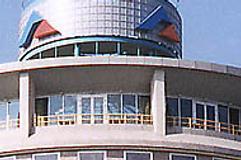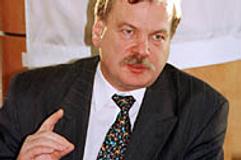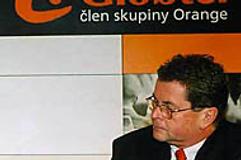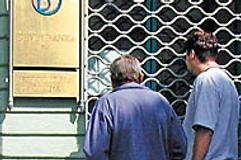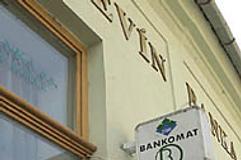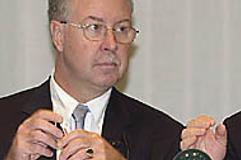- What abides: Giving a shit
- Štítnik resumes hand-crafting Christmas ornaments after 25 years
- A partnership centuries in the making
- From Mexico to Slovakia – finding a new life Audio
- Sixth case of foot-and-mouth confirmed in Slovakia
- Strange romance: Slovak leaders’ affection for Russia has yo-yoed
- Trading McDonald’s for the front lines
- A diplomat who thrives on building bridges…and making things happen
- What abides: Giving a shit
- Štítnik resumes hand-crafting Christmas ornaments after 25 years
- A partnership centuries in the making
- From Mexico to Slovakia – finding a new life Audio
- News digest: Crisis, what crisis? Culture minister's empty limousine tours Europe
- Sixth case of foot-and-mouth confirmed in Slovakia
- Foot-and-mouth outbreak hits major Slovak cattle farm near Austrian and Czech borders Photo
- Slovakia’s Gorals gain recognition. Historians say it is a joke. Photo
- What abides: Giving a shit
- Weekend: On your marks, get set... Running and marathon season beckons
- Foot-and-mouth outbreak hits major Slovak cattle farm near Austrian and Czech borders Photo
- Strange romance: Slovak leaders’ affection for Russia has yo-yoed
- News digest: Thousands march as Fico stands by “Russian-style” NGO bill Photo
- A diplomat who thrives on building bridges…and making things happen
- News digest: 350 brown bears to be culled as Slovakia declares emergency
- Číž spa water once even sent to USA
- Foot-and-mouth outbreak hits major Slovak cattle farm near Austrian and Czech borders Photo
- France and Slovakia: Believing, loving, and working together
- Slovak dad drops everything for son’s NHL debut — even a flight
- What abides: Giving a shit
- The Slovak-American who wants the world to witness the quality of Slovak wines
- Last Week: As disease spreads, Fico no longer insists on a “different opinion”
- Trading McDonald’s for the front lines
- From Mexico to Slovakia – finding a new life Audio
- Sixth case of foot-and-mouth confirmed in Slovakia
- News digest: Crisis, what crisis? Culture minister's empty limousine tours Europe
- Don’t be afraid to use cash, say entrepreneurs as transaction tax begins
- Štítnik resumes hand-crafting Christmas ornaments after 25 years
- Weekend: On your marks, get set... Running and marathon season beckons
- Top 10 events in Bratislava for foreigners
- From furniture to finance: businesses that shaped Slovakia’s market economy
- A partnership centuries in the making More articles ›



